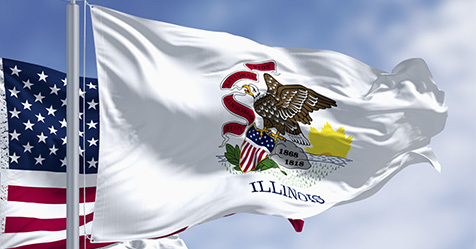Americans Report Reluctance to Get COVID-19 Vaccine Under Emergency Authorization
Although the U.S. Food and Drug Administration (FDA) granted emergency use authorization of the Pfizer and BioNtech COVID-19 vaccine, many individuals are still skeptical about it and have said they will not receive the injection. NBC-TV reports that a recent study led by a professor at Virginia Commonwealth University (VCU) found that more than half of surveyed individuals said they are unlikely to get the COVID-19 vaccine under emergency use authorization (EUA).
The study titled “Willingness to Get the COVID-19 Vaccine with and without Emergency Use Authorization” was released in late November and will be published in the American Journal of Infection Control. The 778 adult respondents—evenly divided by males and females—came from various racial and ethnic backgrounds.
The questions used a seven-point scale ranging from “strongly disagree” to “strongly agree” except for questions about ease of access, which used a six-point scale ranging from “very difficult” to “very easy.”
The overall survey results found 60% of participants said they “were either definitely or probably willing to receive a future COVID-19 vaccine.”
The study also found:
- 8% of respondents said they were “neutral” about receiving a future COVID-19 vaccine
- 3% said they were “probably” or “definitely not going to get it”
- 9% said they were “definitely willing,” “willing,” or “somewhat willing” to get it under an EUA, while 53% said they were “definitely unwilling,” “probably unwilling,” or “somewhat unwilling”’ to do so.
The study also found that younger people were more likely to get the vaccine than older respondents. Many respondents expressed concerned about the side effects of the vaccine. “We now also know that two of the vaccines — Pfizer and Moderna — may have some expected side effects … [and that] may make people hesitate to get the vaccine,” said Jeanine Guidry, lead author and assistant professor in the Richard T. Robertson School of Media and Culture in the College of Humanities and Sciences and director of the Media+Health Lab at VCU.
Study authors advise that vaccine campaign efforts address “concerns about the vaccine and its development and reinforce benefits of the vaccine.” Vaccine promoters “may need to go beyond just communications campaigns correcting misinformation about a COVID-19 vaccine to also focus on reestablishing public trust in government agencies.”


